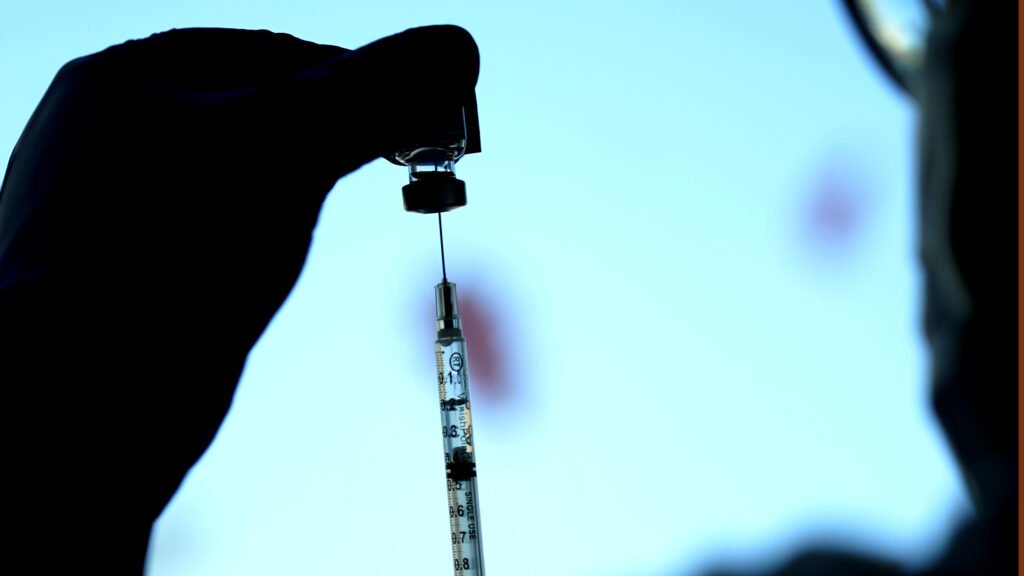The Trump administration is considering significant changes to the vaccine schedule that could have far-reaching implications for public health. Under the direction of health secretary Robert F. Kennedy Jr., officials are exploring options that could restrict access to key vaccines and disrupt the childhood vaccine schedule for years to come.
One potential change being discussed is the discouragement or even banning of vaccines that rely on a common ingredient to enhance their effectiveness. Additionally, officials are considering breaking up combination vaccines that protect against multiple diseases in a single shot. These changes could force vaccine makers to develop new alternatives, a process that is not only time-consuming but also costly.
If these proposed changes are implemented, it could lead to a shortage of certain vaccines and weaken protection against diseases like measles, mumps, rubella, tetanus, diphtheria, pertussis, and polio. These diseases, which have not been major threats in decades, could see a resurgence if access to vaccines is limited.
The potential impact of these changes is significant, as they could affect a large portion of the vaccines on the childhood vaccine schedule in the United States. Vaccine makers are concerned about the implications of these proposed changes and are urging policymakers to consider the potential consequences carefully.
It is important for health authorities to weigh the benefits of any proposed changes against the potential risks to public health. Ensuring access to vaccines and maintaining the effectiveness of the childhood vaccine schedule is crucial in preventing the spread of infectious diseases and protecting the health of the population.


